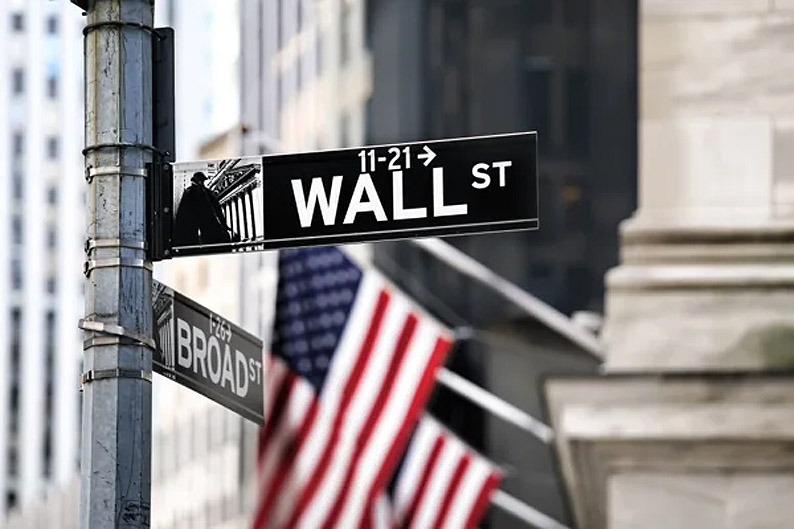By Edward Moya
Wall Street is breathing a sigh of relief as the largest US lender, JPMorgan, will acquire First Republic Bank. It is starting to look like a few major banking issues will not end up leading to a crisis, as in less than two months, the US has seen three of the top 30 banks fail.
The collapse of First Republic saw JPMorgan step up to the plate and squash the biggest market risk on the table. The second biggest banking failure since the GFC led to a rather impressive deal that makes it a win-win situation for the FDIC and other banks.
The other big banks will get their deposits back and the FDIC won’t have a bigger rescue bill they will need to fund.
During the conference call, CEO Dimon noted that the FRC deal has not changed the odds of a recession, but that it will help to stabilise the system. Adding that the US is getting near the end of bank failures and that he expects banking consolidation.
It is looking like the stress for the smaller banks is over as we now have a playbook to help the next bank that runs into trouble.
Congress will take a closer look at what happened to the banking system and regulation scrutiny will undoubtedly grow. Senator Elizabeth Warren tweeted, “The failure of First Republic Bank shows how deregulation has made the ‘too big to fail’ problem even worse.”
The Fed will likely be confident banking jitters are fading, but given the recent boost of inflationary pressures, they might hold off signalling they are ready to hold rates steady after one more hike. The Fed might choose to remain vigilant and that is something this market is not ready to price in.
ISM
The ISM manufacturing report showed factory activity contracted for a sixth straight month while employment rebounded above the 50.0 level, which means demand improving.
Manufacturing activity is starting to pick up and that could prove troubling for the Fed’s disinflationary process. A slower pace of weakness indicates things are bottoming out and if that happens before inflation is back on target, that could keep some policymakers focused on making sure inflation continues to fall before pausing.
Oil
The ISM manufacturing report showed prices paid surged to the highest level since July, such as steel, copper, plastics, aluminium and diesel. The economy appears to be weakening at a slower pace and that should be good news for the crude demand outlook.
Crude prices are paring losses on optimism the economy can strengthen now that the banking drama is behind us and on signs factory activity is improving.
Tensions between the US and Iran will not be easing anytime soon as the Iranian Navy intercepted an oil tanker that was headed for the US. Energy traders are not expecting wide scale disruptions with the transportation of crude from that part of the world, but if we see a couple more ships seized, it might start to move markets.
Gold
Gold prices are lower as US banking drama, one of the big market risks, appears to be off the table.
Treasury yields are surging and that is bad news for bullion. Wall Street can now focus on inflation and Monday’s ISM report should keep the pressure on the Fed to remain vigilant with their fight against inflation.
Bitcoin
Bitcoin is struggling as Wall Street grows confident that the banking crisis risk has been removed from the table. It is looking like the US banking system has a playbook to deal with the next banking crisis when it emerges, which is somewhat dampening the case for cryptos.
Bitcoin wasn’t going to make a move above the $30,000 level before the FOMC decision, so selling it after JPMorgan’s acquisition of the majority of First Republic’s assets.
Bitcoin has key support at $27,000, followed by the $25,300 region.
Edward Moya is Senior Market Analyst, The Americas at OANDA
Opinions are the author’s, not necessarily that of OANDA Global Corporation or any of its affiliates, subsidiaries, officers or directors. Leveraged trading is high risk and not suitable for all. Losses can exceed investments.







